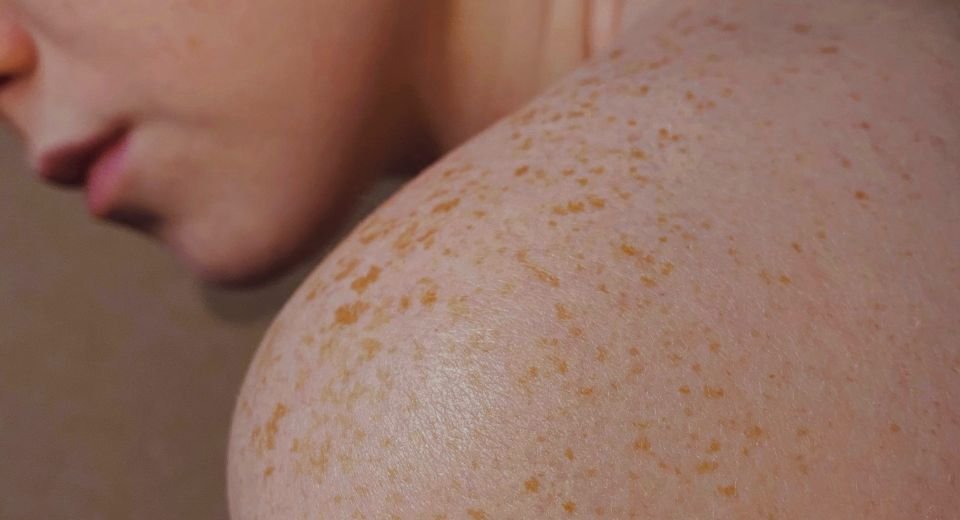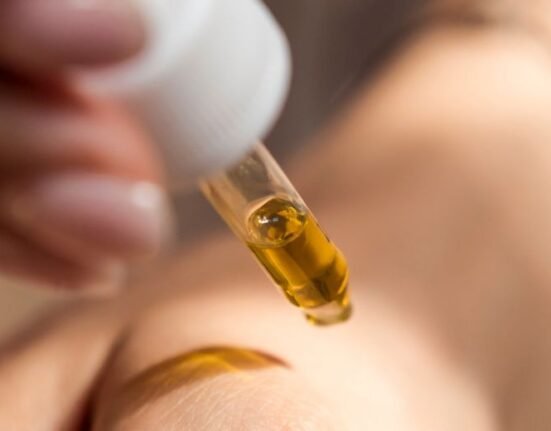HQ Team
July 14, 2023: Skin-lightening products bought over the counter, or online and without medical supervision, are often adulterated with steroids and mercury that could be toxic to the skin, according to US researchers.
Skin lightening is prevalent in the US among skin of color individuals – particularly women – and the people who use those products don’t know the risks, researchers at Northwestern University found.
“The most surprising finding was the lack of awareness of ingredients in products being purchased over the counter and their potentially detrimental effects,” said lead investigator Dr. Roopal Kundu, founder and director of the Northwestern Medicine Center for Ethnic Skin and Hair.
“These products are bought from chain grocery stores, community-based stores, or even online and do not undergo the same type of regulation as a large-chain store or prescription products.
Colorism, the system of inequality that views lighter skin as more beautiful and advantageous could be the motivation behind skin lightening,
Lighter skin
The participants, 80% of which were, used skin lighteners perceived stronger colorism in their lives than those who did not use the products, according to the study.
“There is this perception that having lighter skin within a group – Southeast Asian or African populations, for example – is looked upon more favorably and manifests by making someone more attractive to a mate or more likely to get a job,” Dr Kundu said. “The belief is that having lighter skin is tied to personal and professional success.”
One of Kundu’s patients used the lightening product hydroquinone, also called a bleacher, on his entire face for many years. The patient now has permanent hyperpigmentation.
Doctors prescribe skin lighteners for some skin conditions such as melasma, and the products can be safely used under physician guidance. Most people who use skin lighteners also do not consult a medical provider before use, Dr Kundu said.
In 2020, the FDA received reports of serious side effects from the use of skin-lightening products containing hydroquinone, including skin rashes, facial swelling, and discoloration of the skin. The FDA advised consumers not to use these products due to the potential harm they may cause.
19-question survey
Dr Kundu is also a professor of dermatology at Northwestern University Feinberg School of Medicine and a Northwestern Medicine board-certified dermatologist. The study will be published July 13 in the International Journal of Women’s Dermatology.
Researchers sent an anonymous 19-question survey to individuals with skin of color in the U.S. asking about their demographics, colorism attitudes, skin tone satisfaction, and skin-lightening habits.
Of 455 individuals who completed the survey, 238 were Black, 83 were Asian, 84 were multiracial, 31 were Hispanic, 14 were American Indian or Alaskan Native, and five identified as other.
The use of skin-lightening agents was reported by 21.3% of respondents, with 75.3% of these respondents using them to treat a skin condition such as acne, melasma, or hyperpigmentation. The others were using the agents for general skin lightening.
Skin disease
A majority of Kundu’s patients interested in skin lightening want to do so to even out skin tone due to a skin disease.
A fourth of the study participants wanted to do general skin lightening. One of Dr Kundu’s patients recently told her his goal was to completely lighten his skin. “I had to tell him that is not something we can do,” Kundu said. “We weren’t going to globally lighten his skin color.”
“As dermatologists, we hope to understand the cultural and societal influences that impact skin health and treatment of skin disease,” Dr Kundu said. “Cultural mindfulness for clinicians as they get to know their patients battling pigmentary issues allows for the safe, effective, comprehensive and compassionate treatment of dermatological disease across all communities.”




